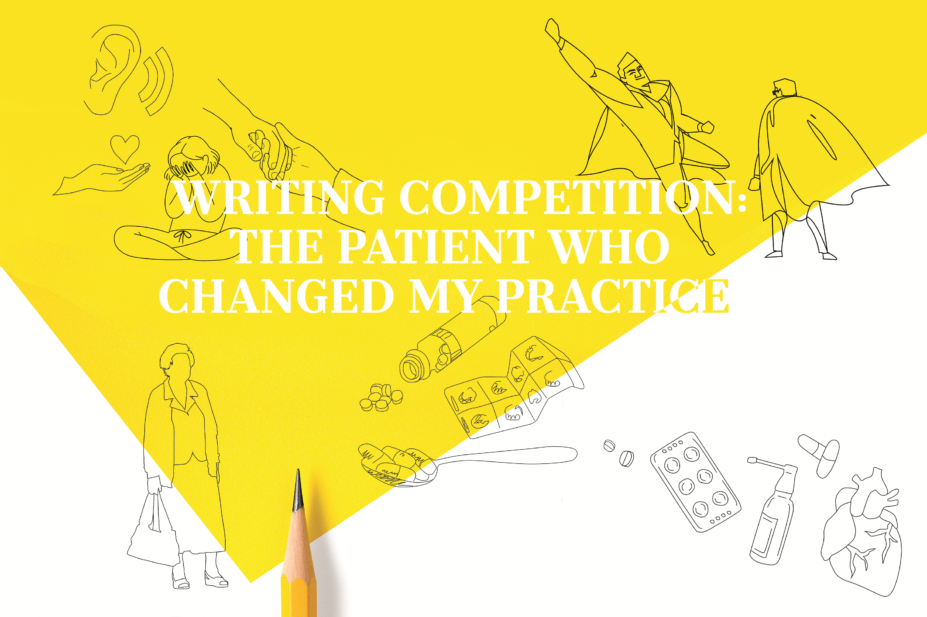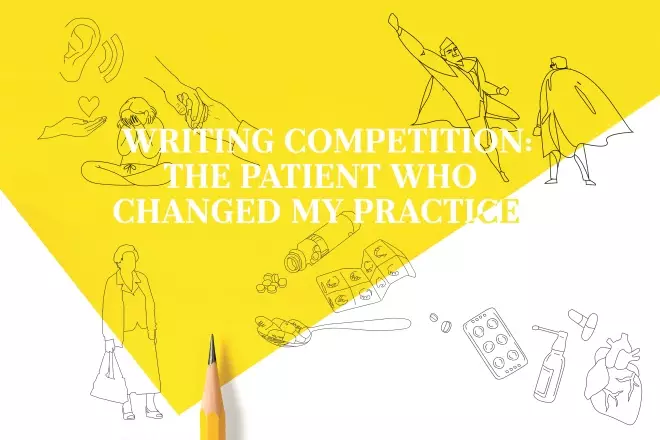
JL / The Pharmaceutical Journal

Source: JL / The Pharmaceutical Journal
I was a newly registered pharmacist, armed to the teeth with a scientific understanding of the many different treatments at my disposable. Pharmacology, pharmaceutics and a plethora of other words beginning with ‘pharma’ would help me heal the ailments of the local community. I was going to be like TV character House— my encyclopaedic knowledge of medicines being the saviour of the day.
One morning, a patient came to the pharmacy asking for a word with the pharmacist. Realising with a slight sense of dread that this now meant me, I invited the patient into the consultation room. While my face was hopefully portraying a “mask of relaxed brilliance”, my mind was spinning like a centrifuge. What red flags do I need to spot? What are the most common drug interactions in primary care? What might this person require me to know? I was rifling through my mental rolodex of clinical facts and information.
In the end, I spent around 15 minutes with the patient. They had what might be described as complex care needs, so we sat and talked. We talked about the difficulty of managing a complex set of treatments and the burden that illness brings. I listened as they told me about the troubles they were facing and how they were coping with them. I did not offer a single recommendation for their treatment; I simply listened and provided reassurance. Occasionally I explained something they didn’t understand, but, aside from that, I just listened to the patient’s experiences. At the end, they thanked me for my time, grateful for what to me seemed like a very small contribution.
While it was perhaps an observation I should have made earlier, it imprinted on my memory the significance of a conversation. In the 1950s, psychoanalyst Michael Balint suggested that a conversation with a professional could itself be therapeutic. My encounter that day brought this to life. While we as pharmacists have great reserves of technical knowledge, it is not always required to help people. Taking the time to talk, or rather to listen, can have a profound effect on someone’s wellbeing. Rather than being a repository of complex information, we are often required to be a kind, sympathetic ear, someone who will listen and understand. While everyday practice involves mounting pressures and professional stress, making the time to listen can be immensely rewarding for us, and profoundly important to the patient.
A couple of weeks later, the patient came into the pharmacy again. When I asked how they were getting on, they seemed surprised that I had remembered them. I don’t think I will ever forget that patient, nor the effect they had on my practice and the way I care for people.

Simon Jacklin, lecturer in pharmacy practice, Keele University; locum community pharmacist, Staffordshire and Cheshire
Simon’s piece received a special mention in our 2019 writing competition ‘The Patient Who Changed My Practice’. Read more entries here.



